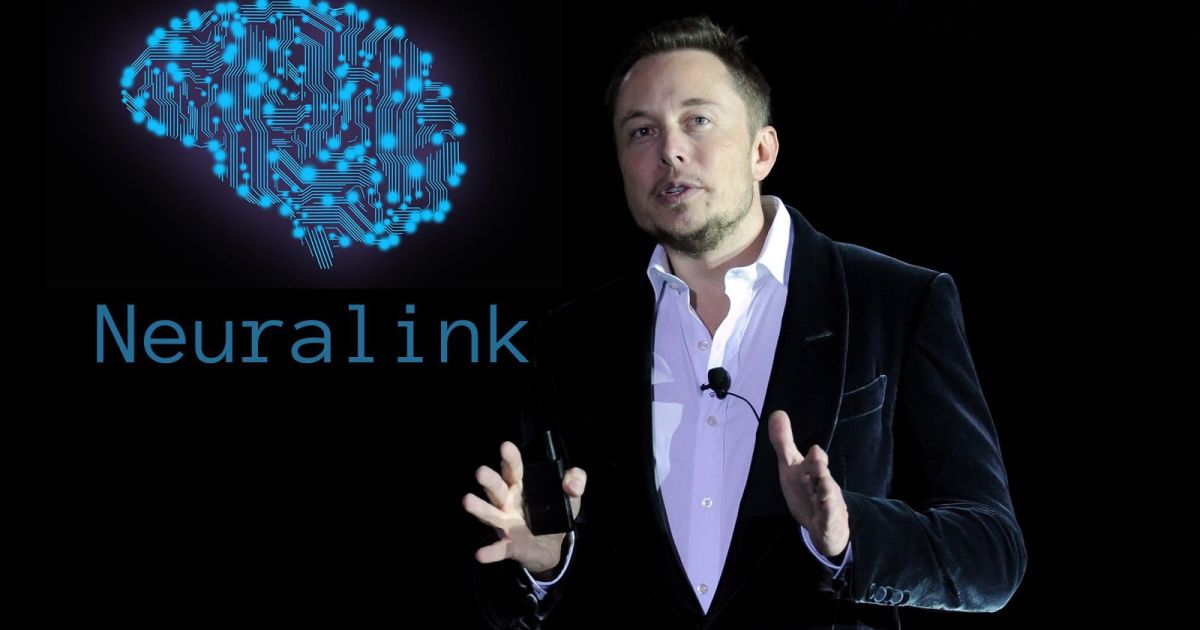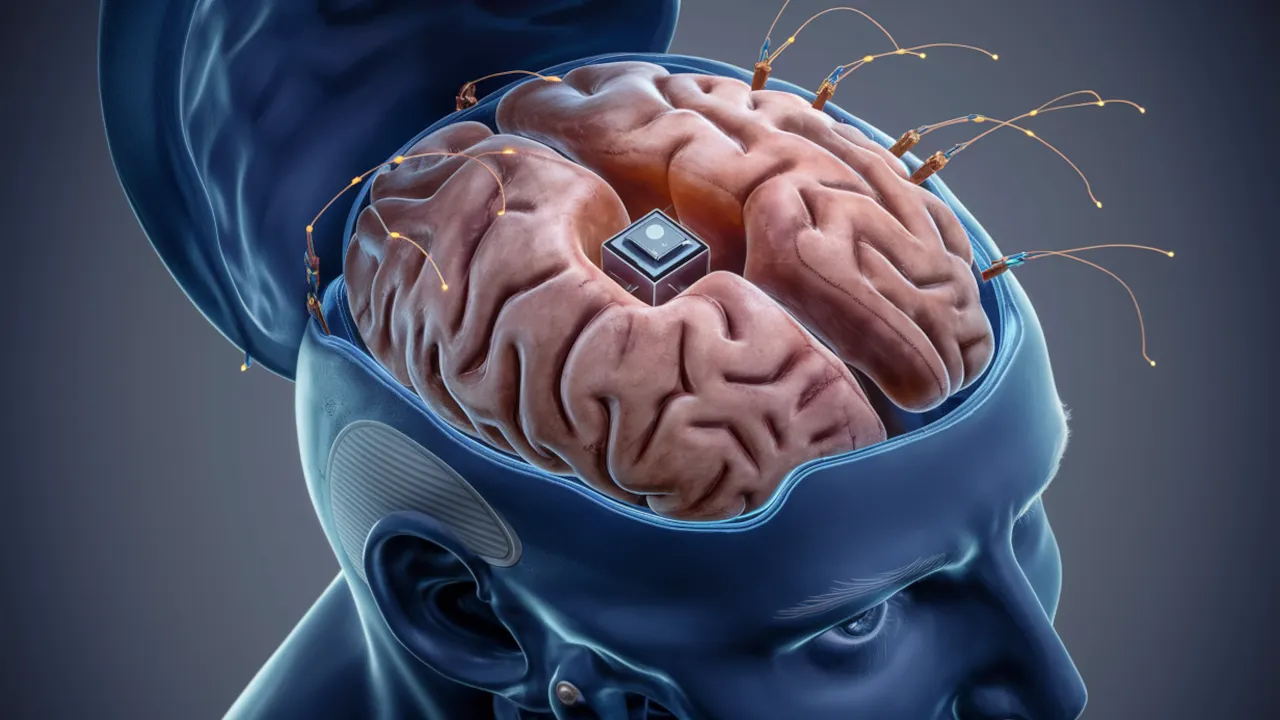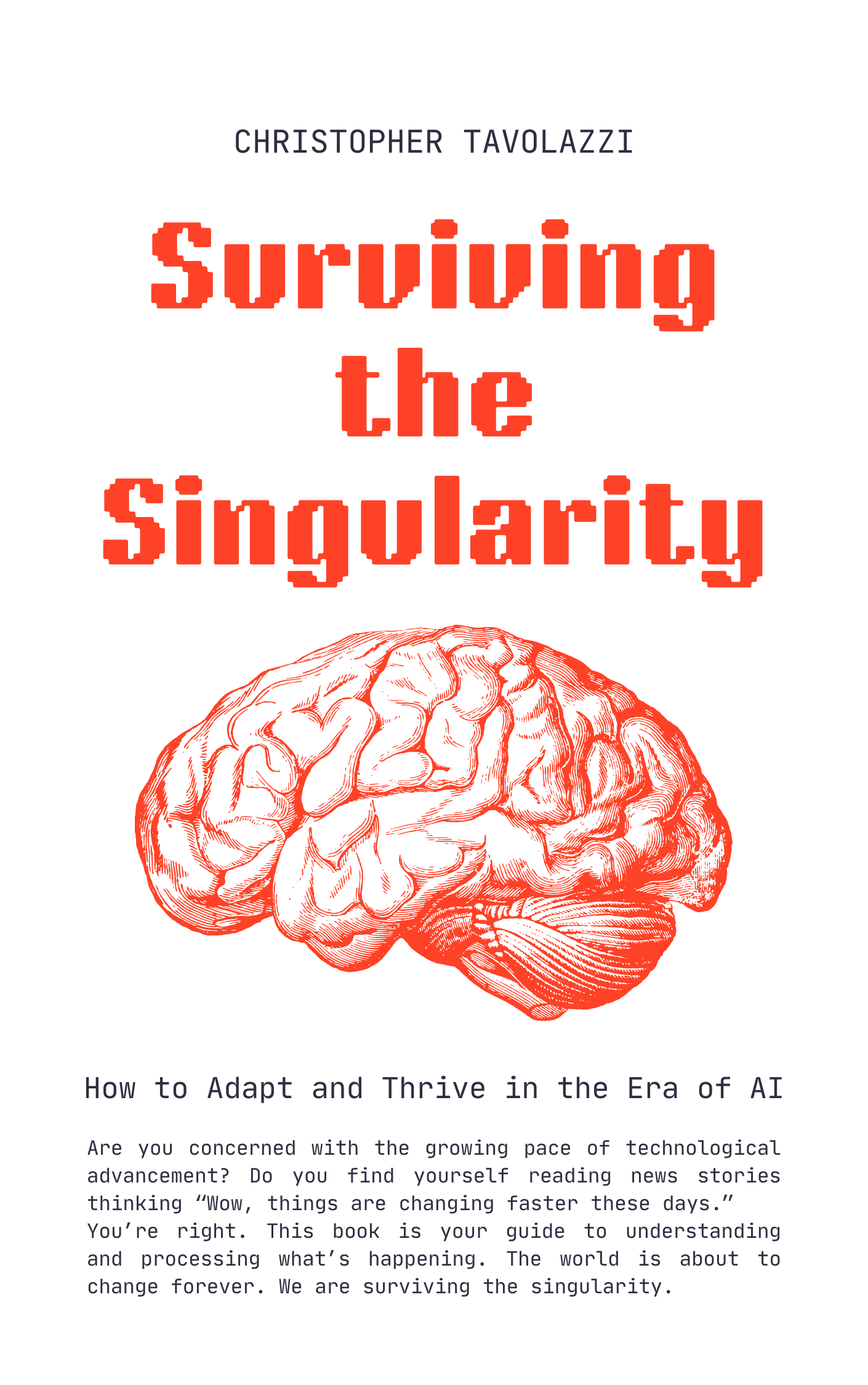Time Left Until the Singularity
Breaking News & Updates 🚨
Timeline of Events
Future Predictions
Based on extensive research and analysis from "Surviving the Singularity"
Artificial General Intelligence Milestone
The first AI system demonstrating capabilities across multiple domains at human-level performance, marking a significant step toward AGI.
Brain-Computer Interface Revolution
Widespread adoption of non-invasive BCIs for everyday use, enabling direct mental control of devices and preliminary thought-to-text communication.
Quantum Computing Breakthrough
Practical quantum computers solving previously intractable problems, revolutionizing fields from materials science to drug discovery and AI training.
Technological Singularity Threshold
The potential point at which technological growth becomes uncontrollable and irreversible, resulting in unforeseeable changes to human civilization.
What's Next?
EMBODIED AI
The first commercial synthetic biological intelligence, the CL1 system, became available in March 2025. This hybrid wetware system represents a significant step forward in embodied AI, combining biological and artificial components to create more robust and adaptable intelligence.
FAQ
What is embodied AI?
▼How does natural language control work in embodied AI?
▼What are the key components of modern humanoid robots?
▼How do biological and artificial components work together?
▼What are the main challenges in embodied AI?
▼BRAIN COMPUTER INTERFACE
Recent breakthroughs in brain-computer interfaces (BCIs) have demonstrated unprecedented capabilities in human-machine integration. Neuralink's first human implantation in January 2024 enabled a quadriplegic patient to control a computer cursor using only his thoughts. The company has also received FDA breakthrough device designation for its 'Blindsight' implant aimed at restoring vision. These developments, combined with AI integration for enhanced signal decoding, mark a transformative era in neurotechnology.
FAQ
What are the different types of brain-computer interfaces?
▼What are the main ethical concerns?
▼How does AI enhance BCI functionality?
▼What are the current limitations of BCIs?
▼Latest News
Stay updated with our newest content
Loading latest post...
Navigate the Path to Singularity
Want to know more?
Get the insights and strategies you need to prepare for the technological changes that will reshape our world.
Editor's Picks
Essential reading for understanding the AI revolution
Loading featured posts...





